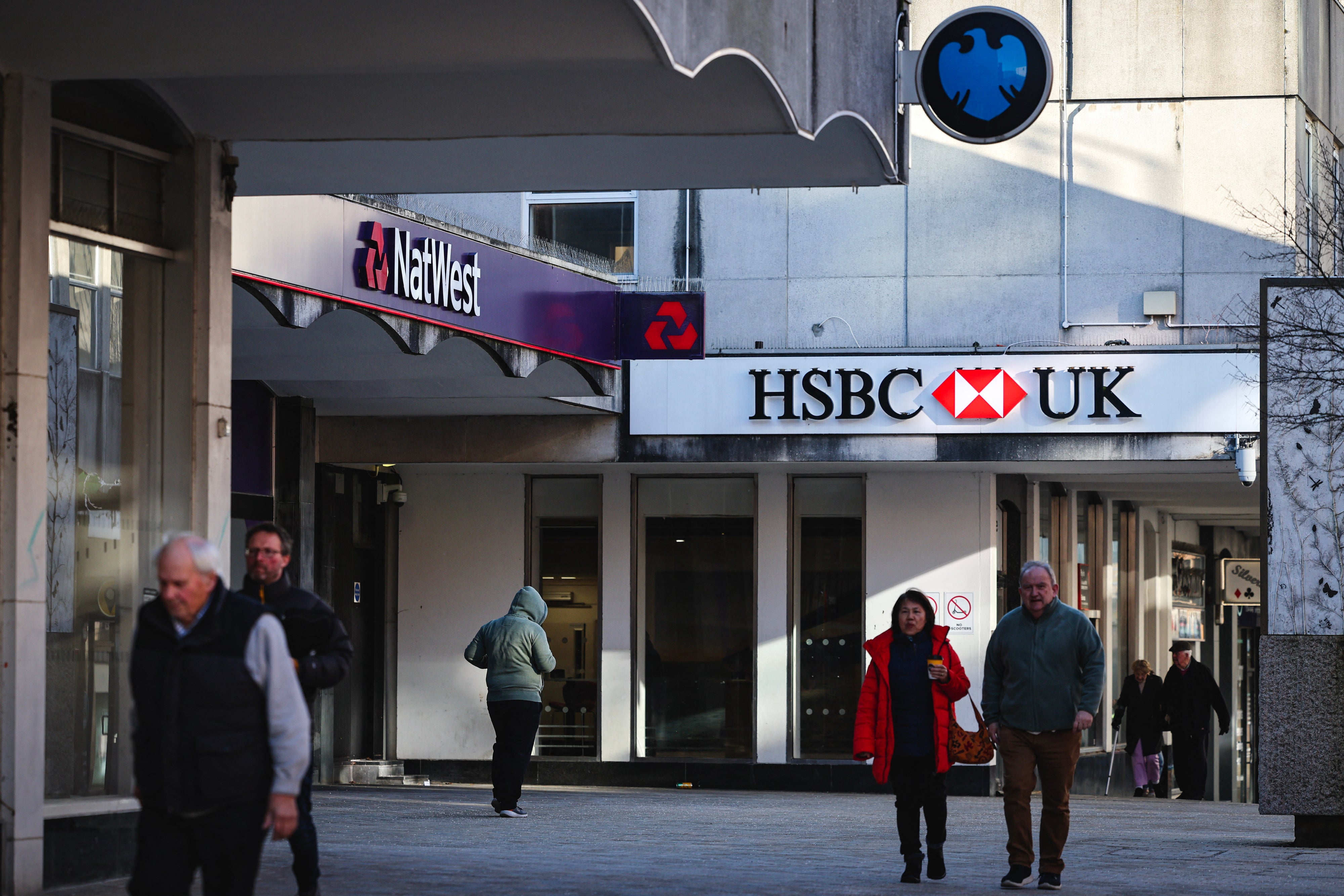Government sells final NatWest shares 17 years after bailout

The government has sold its remaining shares in NatWest, finalising the bank’s return to private ownership for the first time since it was bailed out during the 2008 financial crisis.
The Treasury has been a stakeholder since NatWest, formerly known as RBS, received almost £46 billion of funding in 2008 and 2009.
To date, £35 billion has been returned to the Exchequer through share sales, dividends and fees, meaning the sale has come at a £10.5 billion loss to taxpayers.
The government and bosses at NatWest said it was a significant milestone since the bailout, which prevented the bank’s collapse.

Chancellor Rachel Reeves said: “Nearly two decades ago, the then-government stepped in to protect millions of savers and businesses from the consequences of the collapse of RBS.
“That was the right decision then to secure the economy, and NatWest’s return to private ownership turns the page on a significant chapter in this country’s history.”
Chief executive Paul Thwaite said it is a “significant moment for NatWest Group, for all those who work here and for the UK more widely”.
“As we turn the page on the financial crisis, we can look to the future with confidence, without forgetting the lessons of the past.”
The Treasury has been gradually selling its shares since 2015, but the process has accelerated in the past year as it took advantage of the bank’s rising share price.

Rick Haythornthwaite, NatWest Group’s chairman, said: “Hopefully, this is a moment when we can consign the great financial crisis to the past.”
“It’s very difficult to overstate the importance of what the taxpayer did for the company and for the nation as a whole,” he said, stressing that it was a “rescue, not an investment”.
“There’s no doubt that the banking sector, the financial services sector as a whole, is much stronger than it was 17 years ago.
“The culture of the companies is fundamentally different … way different to the short-term gains that they used to be (focused on).”
The boss added that offloading the government’s stake meant the business could “look to the future”.
